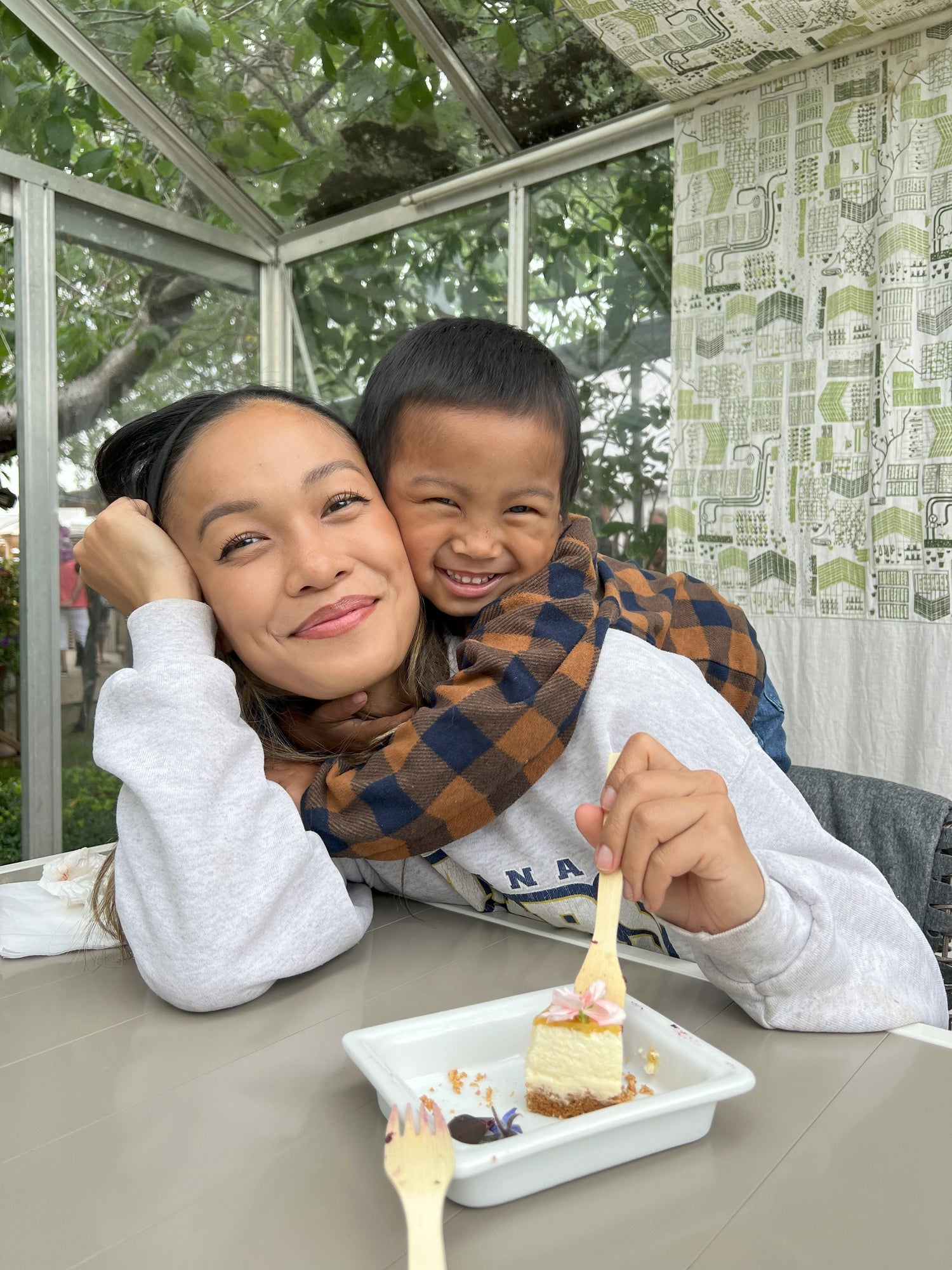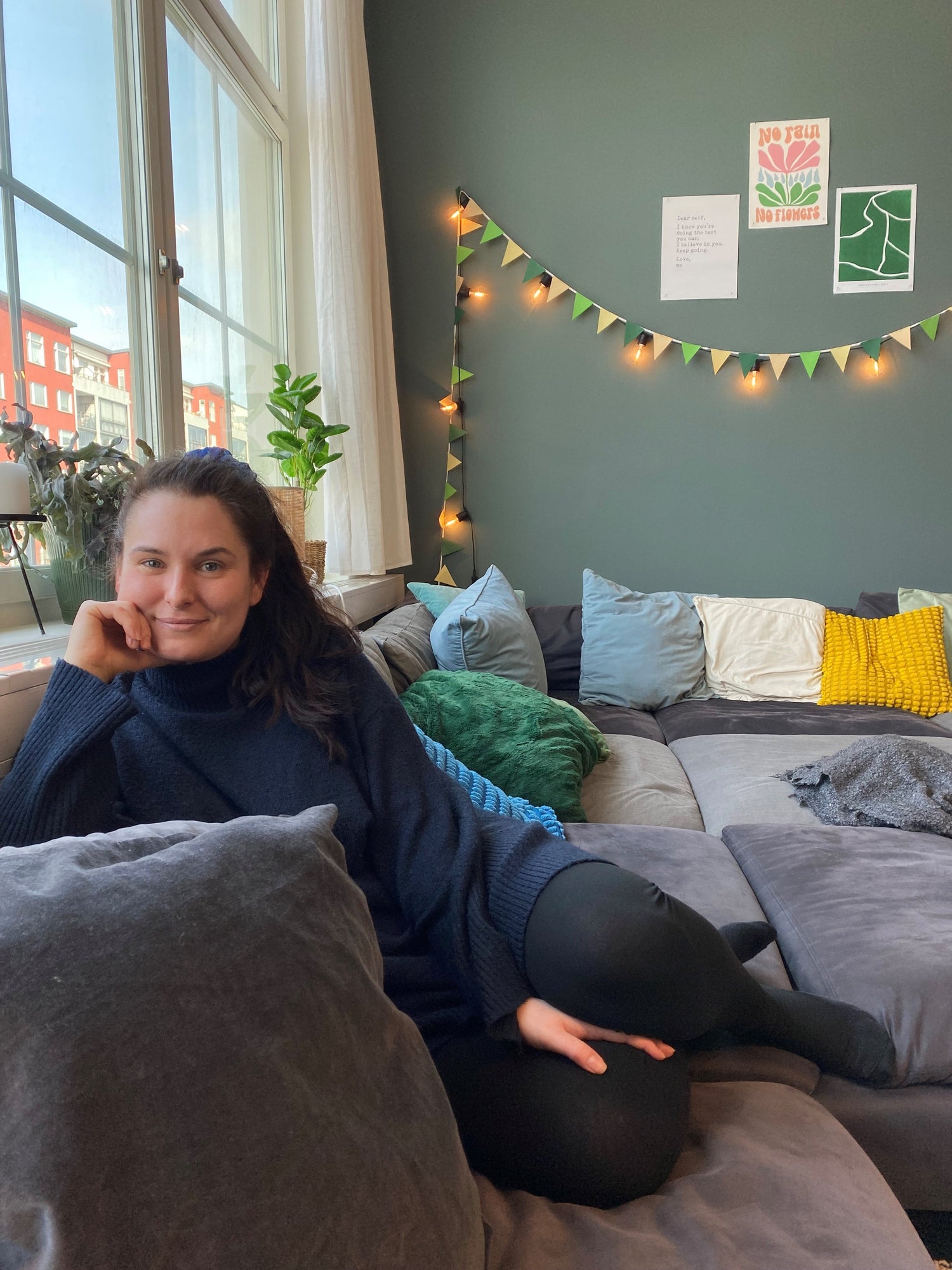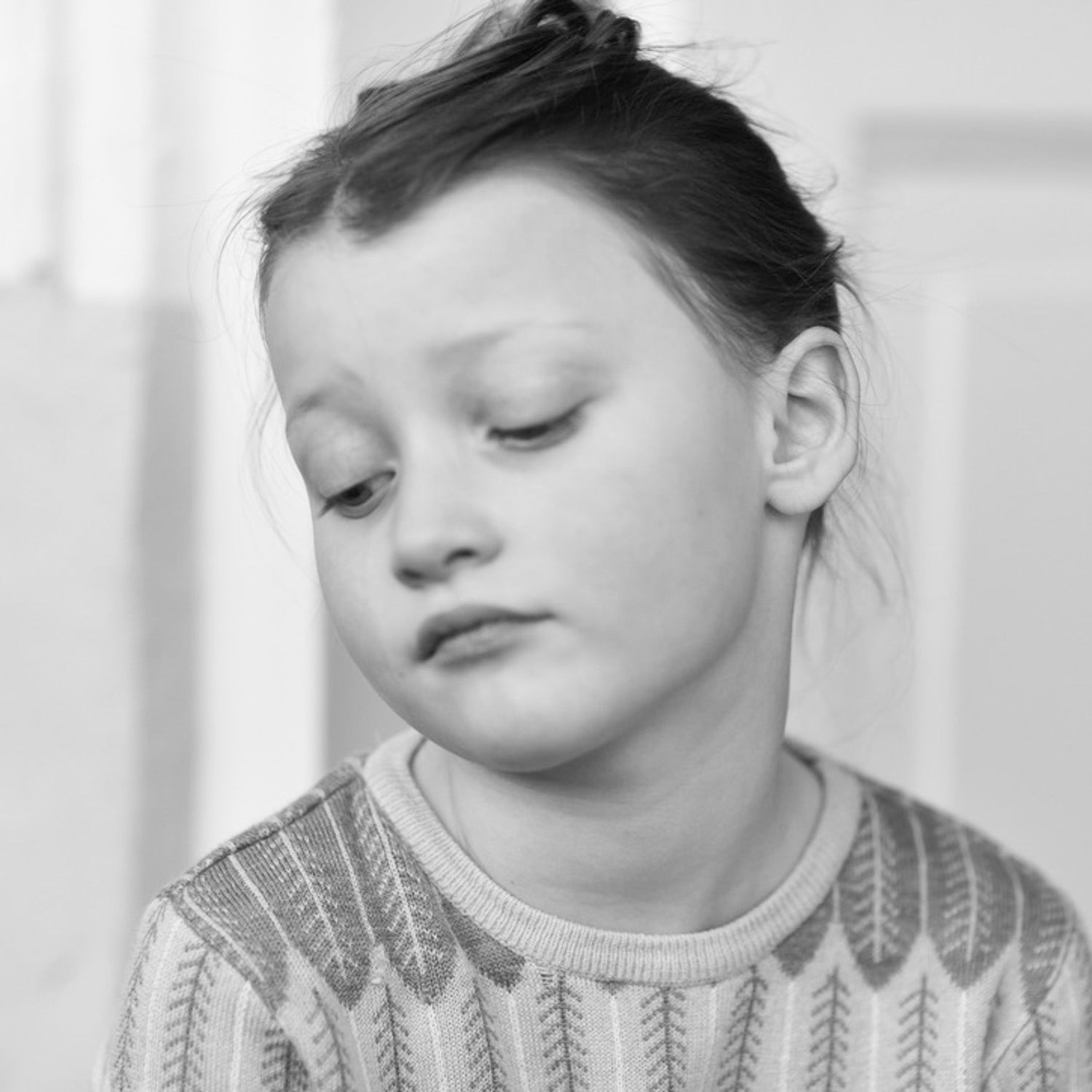Of course, you can sometimes wonder who you would have been if the world you were born into had not told you so strongly about who you should be - what roles you should have? It is of course impossible to come up with the answer to that, but thinking about it - both for yourself and in what you pass on to your children - is nevertheless not completely unnecessary, I think. There are so many roles one is assigned without actually (consciously) approving them. They are kind of taken for granted and are often based on factors such as gender, age, etc. A bit dull, monotonous and downright stupid to throw roles at people like that, but some of them maybe filled a function, somewhere in the story.
Today we know both more and better, and being "different" or "unique" is highlighted in many contexts as desirable, strong and attractive. The clever thing is that there are many of us who feel that the demands to be high-performing, like "everyone else" and to fit into narrow frameworks have never been higher than now.. "Function like everyone else but at the same time be completely yourself" is a sentence that in any case makes me a little off balance.. I want to teach my children that being different is good, important (and probably also necessary for our survival). But then I throw them out into a world that shows that that "Different" is strongly conditional...
With that in mind, it must be more important than ever to talk to the children about being themselves - to be unique? And try to make sense of it, because of course it's easy to say. But do we really live with the conviction - do we really dare to talk about being different (and what does that mean)?
Something else that I think is important to really talk about with kids (and even if with yourself) is failure. What is failure and can it sometimes be good to do so? The expectation for everyone (young and old) to strive to be the best at everything they do is so great, at the same time that failure is an eternal companion for all of us. We fail all the time and even if right then and there it can sometimes feel like the end of the world, maybe it's good to at least become a little friend with failure? If we don't, perhaps the risk is great that we walk around feeling like a failure most of the time - without actually having failed?
What do we adults radiate when we fail and what does it say to our little ones?





